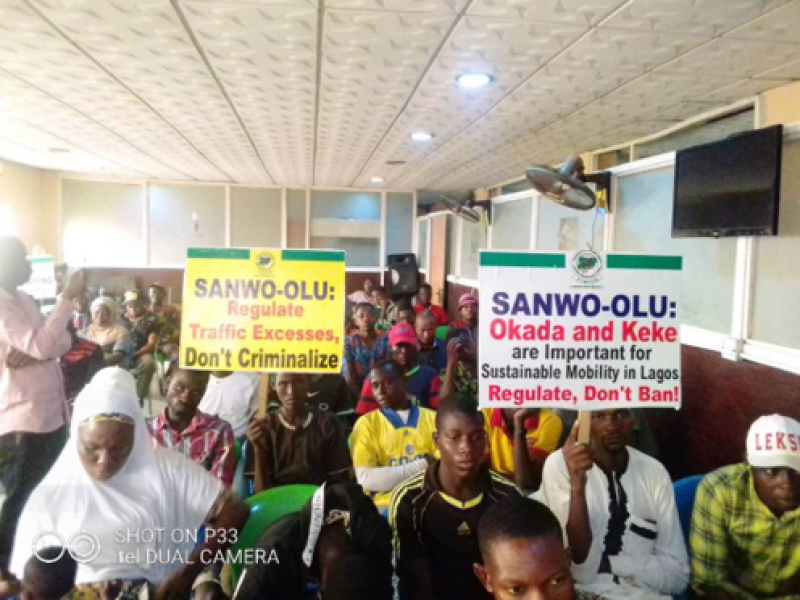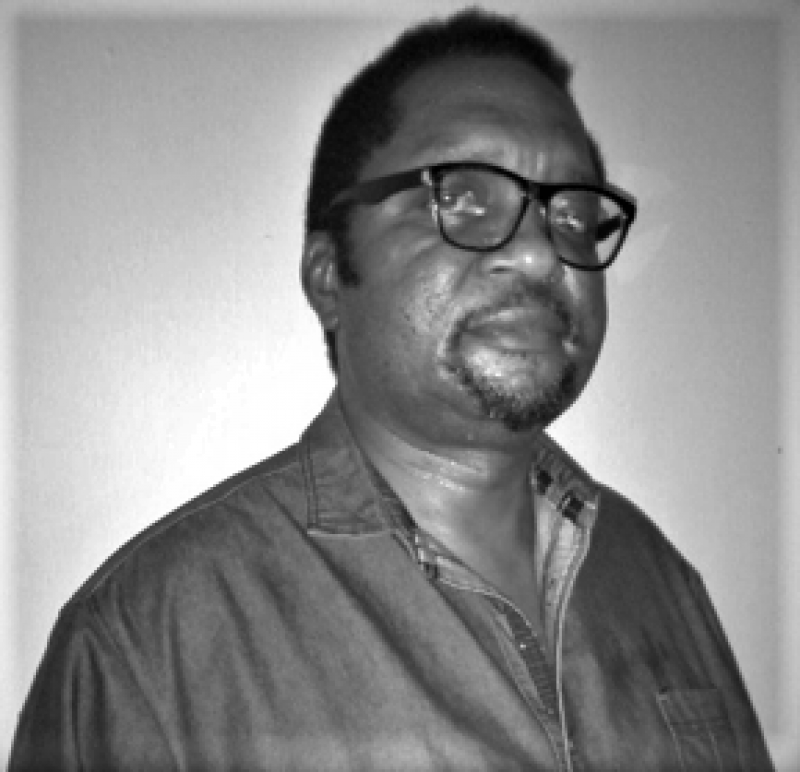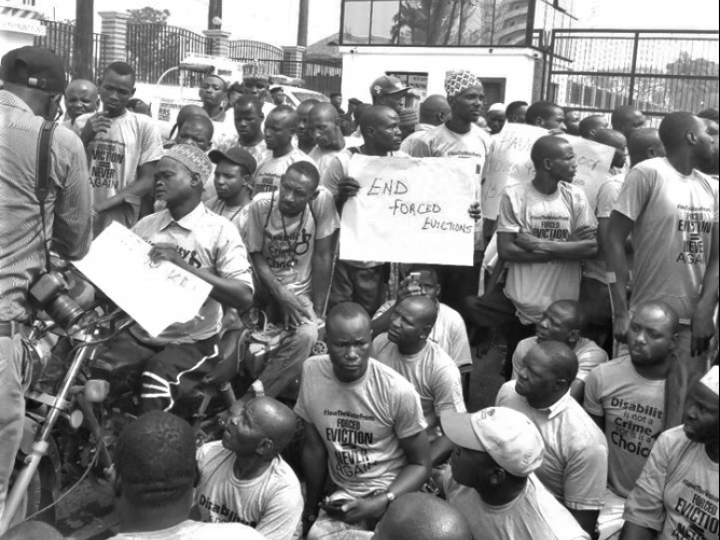January 3, 2020 will remain unforgettable in the memories of thousands of children, women and men whose lives were violently ruptured by armed agents of the Nigerian State. These people were inhabitants of settlements on the Lagos Atlantic coastline and lagoon edges, with some of these settlements dating back to early 17th Century. Okun glass community, named after a beautiful glass house constructed in the community with the help of Portuguese traders in the 17th century, was affected by the brutal eviction. By the end of January 2020, at least 24 of these communities had been completely destroyed by men of the Nigerian Navy.
According to eye witness accounts, the eviction followed a regular pattern. The community was rudely woken up very early in the morning while most people were still in bed, by armed soldiers who shot sporadically into the air while residents were given 30 minutes to move out of their homes. Those who were too slow to move were physically assaulted and violently moved. Many people sought escape in their open boats and canoes, while all physical structures - including homes, recreational facilities, small businesses, local markets, mosques and other places of worship as well as graves - were destroyed with bulldozers and excavators.
In all, at least fifty thousand people are estimated to have been affected across the 24 communities.

Some of the arguments given for the barbaric evictions, are accusations that members of the communities have vandalized crude oil pipelines, despite that hundreds of soldiers and marine police actually provide around-the-clock surveillance of these facilities, and that only a few of the affected communities live nearby. It is clear that the haste and speed of this latest spate of eviction was carried out without any advance notice, and the short notice that was actually given was calculated to preempt any legitimate attempts by the residents and their sympathizers from challenging these grave trampling on the human rights of so many people. This is not the first time that poor Nigerians are subjected to this type of eviction – it has actually become a part of the daily experience of people working in the informal sector, which provides employment for over 70% of the active working population. Work places such as markets and auto-repair workshops have been routinely destroyed in the recent past, while the destruction of several water front communities – including Otodo Gbame, where 30,000 inhabitants were evicted in 2017, despite court orders – remains fresh in our memories.
On February 1, 2020, the government of the Lagos state announced a blanket ban on the operation of motorcycle and tricycle taxis, known locally as Okada and Keke Napep. Within the state, more than one hundred thousand operators became jobless, and the state did no attempts to provide alternative means of transportation for the millions of commuters who depend on these modes of transportation to move around. The ban resulted in many difficulties for the inhabitants, such as for the sick and elderly people that were forced to walk long distances.
The Nigerian state is sworn to not only provide security of life and property to all its citizens, but also to ensure...
“..that suitable and adequate shelter, suitable and adequate food, reasonable national minimum living wage, old age care and pensions, and unemployment, sick benefits and welfare of the disabled are provided for all citizens”. Section 16 2 (D) of the Nigerian Constitution.

Ironically, not only has the Nigerian state failed to deliver on these basic social security provisions, it has actually become a major threat to the poor working class who work and live in informal settlements.
The Nigerian state appears wedded to big business interests determined to seize urban spaces, historically used for work and shelter by poor working families for the development of ‘modern housing estates’ and condominiums as well as “ultra–modern markets”. The situation is further complicated by the fact that leading elements in the government are also the promoters of gentrification schemes in the private sector. Poor working people are caught in an intricate web of institutionalized political corruption, internecine violence and elite predation. Human rights of the working poor sentenced to endemic poverty, internal migration and gross social and economic inequalities, are sacrificed on the altar of greed and ineptitude of the ruling elite.
The future of working people and their right to live with dignity and without fear in Nigeria is very grim, without a very concerted effort at organized local and international actions, that will challenge the present regime of arbitrariness and constant abuse of political power.
The NHRF invites different actors within the human rights field to contribute on this blog. The opinions expressed here are those of the authors.

